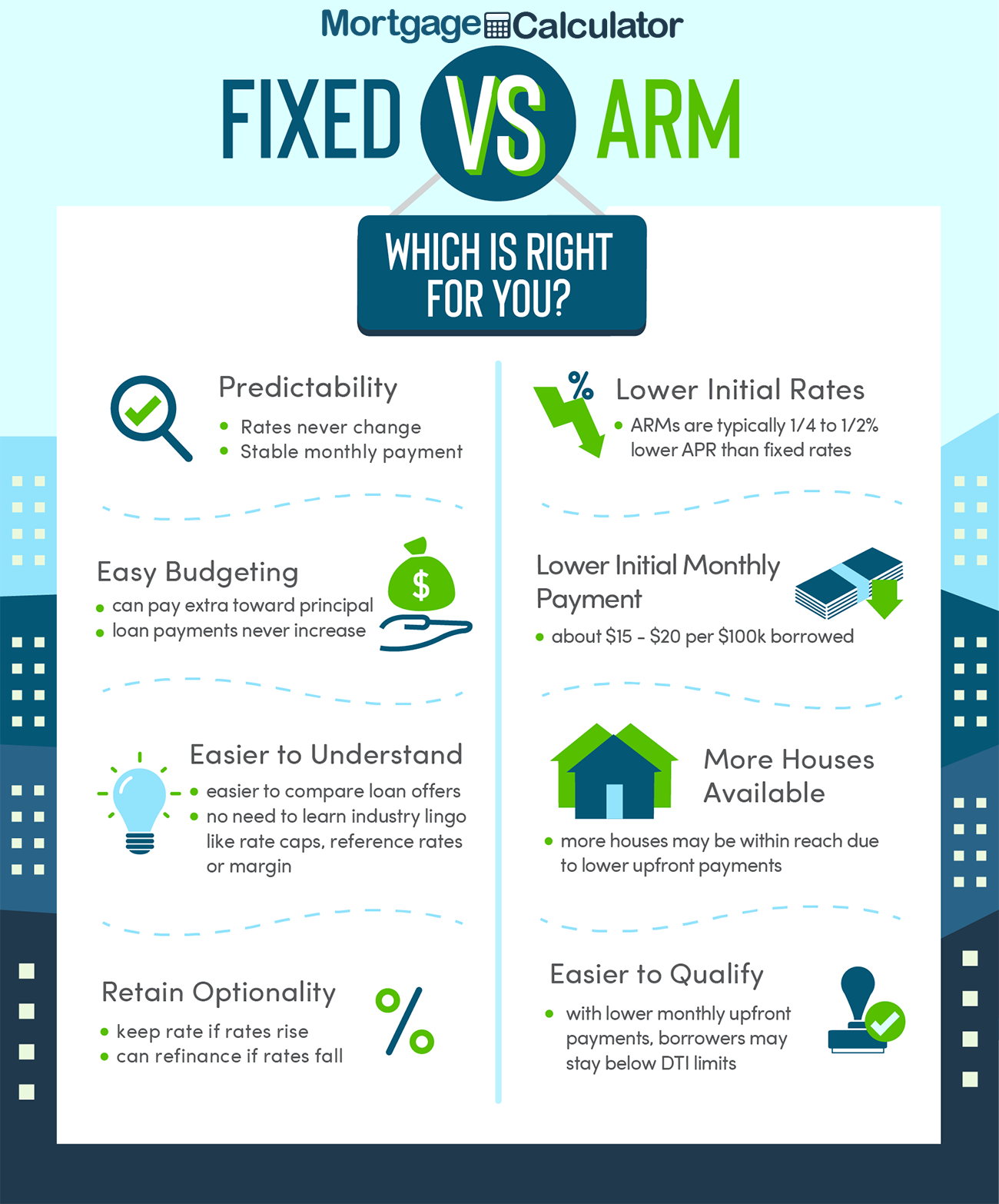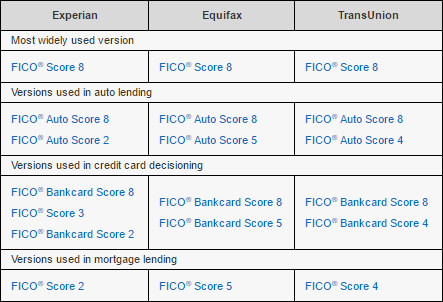The 8-Minute Rule for What The Interest Rate On Mortgages Today
The reverse mortgage balance can be paid back at any time without penalty. You can select to either repay the loan voluntarily or delay interest until you later offer your house. When the loan balance will be paid completely any staying equity will come from your beneficiaries or estate. Yes. A foreclosure is a legal process where the owner of your reverse home loan obtains ownership of your home. Even if you've gotten a foreclosure notice, you might still have the ability to avoid foreclosure by pursuing among the choices kept in mind above. Your reverse home mortgage company (also described as your "servicer") will ask you to accredit on a yearly basis that you are living in the home and maintaining the property.
Nevertheless, these costs are your duty so make sure you have actually set aside enough cash to pay for them and make certain to pay them on time. Not meeting the conditions of your reverse home loan might put your loan in default. This implies the home mortgage company can demand the reverse home loan balance be paid in full and may foreclose and offer the residential or commercial property.
Nevertheless, if you move or sell the residential or commercial property, the loan ends up being due and need to be paid off. In addition, when the last surviving borrower passes away, the loan becomes due and payable. Yes. Your estate or designated beneficiaries might retain the residential or commercial property and satisfy the reverse home loan financial obligation by paying the lower of the mortgage balance or 95% of the then-current assessed worth of the home.
No debt is passed along to the estate or your successors. Yes, if you have actually provided your servicer with a signed third-party authorization file licensing them to do so. No, reverse home loans do not permit co-borrowers to be included after origination. Your reverse mortgage servicer might have resources readily available to assist you.

Your counselor will help you review your monetary situation and work with your mortgage servicer. In addition, your counselor will be able to refer you to other resources that might help you in stabilizing your spending plan and retaining your house. Ask your reverse mortgage servicer to put you in touch with a HUD-approved counseling agency if you have an interest in talking to a real estate therapist.
Our What Are Lenders Fees For Mortgages PDFs
Department of Real Estate and Urban Development (HUD) Office of the Inspector General Hotline 800-347-3735 or email: [email secured] Federal Real Estate Finance Company Office of the Inspector General Hotline 800-793-7724 or on the Internet at: www.fhfaoig.gov/ReportFraud Even if you remain in default, alternatives might still be offered. As a first action, call your reverse home mortgage servicer (the business servicing your reverse home loan) and discuss your situation.
You can also call a HUD-approved counseling agency for more details about your circumstance and choices to assist you prevent foreclosure. Ask your reverse home mortgage servicer to put you in touch with a HUD-approved counseling firm if you're interested in talking to a real estate therapist. It still might not be far too late.
If you can't settle the reverse home mortgage balance, you might be qualified for a Short Sale or Deed-in-Lieu of Foreclosure (what are the different types of mortgages).
A reverse home mortgage is a mortgage, usually protected by a house, that enables the debtor to access the unencumbered worth of the property. The loans are generally promoted to older house owners and normally do not need regular monthly home mortgage payments. Borrowers are still accountable for home taxes and house owner's insurance coverage.
Due to the fact that there are no necessary home mortgage payments on a reverse home mortgage, the interest is contributed to the loan balance monthly. The increasing loan balance can eventually grow to go finance timeshare beyond the worth of the home, especially in times of declining home values or if http://jorgus1s3t.booklikes.com/post/3200551/indicators-on-how-do-escrow-accounts-work-for-mortgages-you-should-know the debtor continues to reside in the house for several years.

An Unbiased View of How Do Interest Rates Affect Mortgages
In the United States, the FHA-insured HECM (house equity conversion home mortgage) aka reverse home mortgage, is a non-recourse loan. In simple terms, the debtors are not responsible to repay any loan balance that surpasses the net-sales earnings of their home. For example, if the last debtor left the house and the loan balance on their FHA-insured reverse home mortgage was $125,000, and the home cost $100,000, neither the customer nor their heirs would be accountable for the $25,000 on the reverse home loan that exceeded the value of their home.
A reverse home mortgage can not go upside down. The expense of the FHA home mortgage insurance coverage is a one-time fee of 2% of the appraised value of the house, and then a yearly fee of 0.5% of the impressive loan balance. Specific guidelines for reverse home loan transactions vary depending on the laws of the jurisdiction.
Some economic experts argue that reverse home loans might benefit the elderly by smoothing out their earnings and intake patterns over time. Nevertheless, regulative authorities, such as the Consumer Financial Security Bureau, argue that reverse home loans are "complicated products and challenging for consumers to comprehend", specifically due to "misleading advertising", low-quality therapy, and "danger of fraud and other scams".
In Canada, the borrower should look for independent legal recommendations prior to being approved for a reverse home loan. In 2014, a "fairly high number" of the U.S. reverse home loan customers about 12% defaulted on "their property taxes or homeowners insurance". In the United States, reverse home mortgage customers can deal with foreclosure if they do not maintain their houses or maintain to date on property owner's insurance and home taxes.
Under the Accountable Financing Laws the National Consumer Credit Protection Act was changed in 2012 to incorporate a high level of guideline for reverse mortgage. Reverse mortgages are likewise controlled by the Australian Securities and Investments Commission (ASIC) needing high compliance and disclosure from loan providers and advisors to all customers.
The 10-Minute Rule for What Was The Impact Of Subprime Mortgages On The Economy
Anybody who desires to engage in credit activities (including loan providers, lessors and brokers) must be certified with ASIC or be a representative of somebody who is licensed (that is, they must either have their own licence or come under the umbrella of another licensee as an authorised credit representative or worker) (ASIC) Eligibility requirements differ by lender.
Reverse home loans in Australia can be as high as 50% of the property's worth. The specific quantity of cash readily available (loan size) is determined by numerous factors: the borrower's age, with a higher quantity offered at a greater age existing interest rates the property's place program minimum and optimum; for example, the loan may be constrained to a minimum of $10,000 and a maximum of between $250,000 and $1,000,000 depending upon the lender.
These expenses are frequently rolled into the loan itself and for that reason substance with the principal. Typical costs for the reverse mortgage consist of: an application fee (establishment fee) = between $0 and $950 stamp duty, home mortgage registration costs, and other government charges = vary with location The interest rate on the reverse home mortgage differs.
